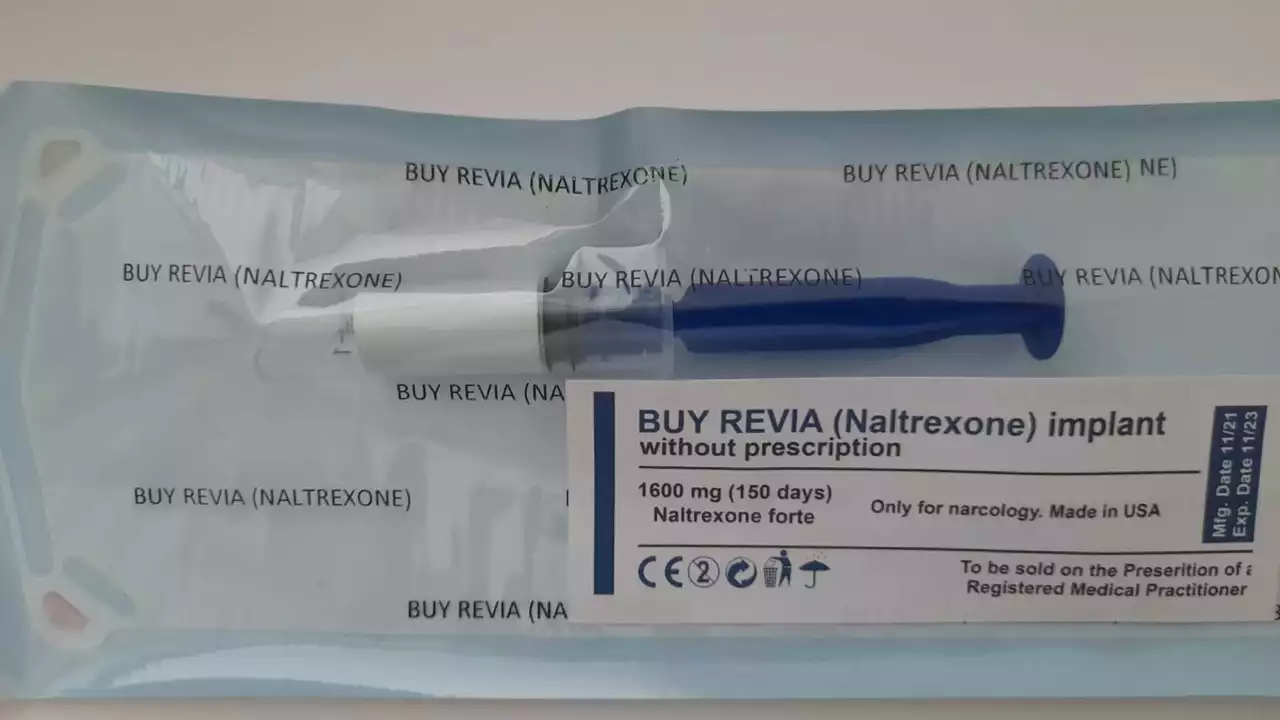Understanding Naltrexone
Before diving into the impact of Naltrexone on employment, it's crucial to understand what Naltrexone is and how it works. Naltrexone is a medication that is primarily used to manage alcohol or opioid dependence. It works by blocking the euphoric effects and feelings of intoxication, allowing the person to decrease their consumption of these substances. It's an essential part of recovery for many, but how does it affect one's career? Let's explore.
Confronting Stigmas Around Addiction in the Workplace
Unfortunately, there's a significant amount of stigma surrounding addiction, which can seep into the workplace. This stigma can lead to discrimination and bias, which can negatively impact a person's career. However, using Naltrexone as part of a recovery plan can help to confront these stigmas. It’s a sign of taking active steps towards recovery, which can influence perceptions and attitudes in the workplace.
Naltrexone and Job Performance
Substance abuse can significantly impair job performance. However, Naltrexone can help to improve this aspect. By reducing cravings and the desire to consume alcohol or opioids, individuals can focus more on their work, leading to improved productivity and performance. It’s a step towards recovery that could have a positive impact on your job performance.
The Impact of Naltrexone on Mental Health
Substance addiction often goes hand in hand with mental health issues. Naltrexone can help by reducing the cravings that often lead to anxiety and stress. This can result in improved mental well-being, which is crucial for maintaining good job performance and career progression.
Naltrexone and Job Security
Substance addiction can threaten job security. However, using Naltrexone as part of a recovery plan can help to mitigate this risk. As it helps to manage addiction, this can lead to increased job stability, as employers often appreciate employees who are taking active steps to improve their health and well-being.
Workplace Support and Naltrexone
Workplace support is a crucial aspect of managing addiction. Employers who understand the benefits of Naltrexone and provide support for employees using this treatment can help to foster a more understanding and inclusive workplace. This can also help to reduce the stigma associated with addiction, leading to a more positive work environment.
Effect of Naltrexone on Career Progression
As Naltrexone aids in recovery, it can have a positive impact on career progression. Improved job performance, increased job security, and better mental health can all contribute to career advancement. Employers and colleagues may also view your commitment to recovery positively, further aiding in career progression.
Legal Protections for People Using Naltrexone
It's essential to understand that there are legal protections in place for people using Naltrexone. Under certain laws, such as the Americans with Disabilities Act, employers cannot discriminate against employees who are managing their addiction using medications like Naltrexone. This can provide an added layer of job security for those in recovery.
Concluding Thoughts: Naltrexone and Your Career
In conclusion, Naltrexone can have a positive impact on your career. By helping to manage addiction, it can improve job performance, enhance job security, and aid in career progression. While there's still stigma surrounding addiction, taking steps towards recovery with Naltrexone can help to confront these negative perceptions. Remember, it's important to seek help and support, both in the workplace and outside of it, as you navigate your road to recovery.








June 28, 2023 AT 02:50
Will RD
Naltrexone? More like nalti-what? I don't get why people think popping a pill fixes everything. Just stop drinking already.
June 29, 2023 AT 11:24
chantall meyer
The real issue isn't the medication it's the cultural failure to recognize recovery as legitimate labor
June 30, 2023 AT 03:58
Jacqueline Anwar
I find it deeply concerning that society has reduced moral rehabilitation to pharmacological compliance. This is not progress-it's capitulation.
July 1, 2023 AT 06:34
Ganesh Kamble
lol so naltrexone makes you a better worker? what about all the people who just quit cold turkey and got promoted? this article is clickbait
July 3, 2023 AT 04:30
Jenni Waugh
Let me be crystal clear: if your employer discriminates against someone on medication for addiction, they're not just unethical-they're legally liable. And if you're still judging? You're part of the problem. 🚫😤
July 4, 2023 AT 00:15
Theresa Ordonda
I’ve been on naltrexone for 2 years and my productivity went from ‘meh’ to ‘manager material’ 🙌 I used to call in sick 3x a week. Now I lead meetings. This isn’t magic-it’s dignity. 💪
July 4, 2023 AT 13:33
Judy Schumacher
The notion that pharmacological intervention constitutes moral or professional advancement is not only reductive, it is an affront to the very concept of human agency. One does not ascend the career ladder via pharmacology; one ascends through discipline, resilience, and willpower-qualities that, paradoxically, are often undermined by the very premise of pharmacological dependency.
July 6, 2023 AT 06:17
Shana Labed
YALL. I WORK IN HR. I’ve seen this firsthand. People on naltrexone? More punctual. Less drama. Better teamwork. We started a wellness initiative last year and our turnover dropped 40%. This isn’t just personal-it’s a business win. 📈 #RecoveryIsWork
July 6, 2023 AT 18:50
California Daughter
Wait... so you're saying if you're on a drug, you're suddenly a better employee? But what if you're just replacing one addiction with another? I mean, technically, you're still dependent... right? 😅
July 7, 2023 AT 04:53
Vishwajeet Gade
USA always thinks medicine fixes everything. In India we just work harder. No pills. Just willpower. This is weak.
July 7, 2023 AT 16:25
Casey Crowell
I’ve been sober 5 years. Naltrexone was the bridge, not the destination. It gave me space to rebuild my brain. I didn’t become a better employee because of the pill-I became one because I finally had the mental space to care. 🤝
July 8, 2023 AT 23:10
Shanna Talley
If you're reading this and you're considering naltrexone-you're already stronger than you think. Recovery isn't linear. But showing up? That's the win. Keep going. You're not alone.
July 10, 2023 AT 18:46
Samuel Wood
I think the real problem is people think they can just take a pill and then go back to their old lives. It doesn't work like that.
July 12, 2023 AT 05:46
ridar aeen
I work with someone on naltrexone. He used to be the guy who showed up drunk on Fridays. Now he runs the quarterly reports. I don't care how he got there. I just know he's reliable now. That's all that matters.